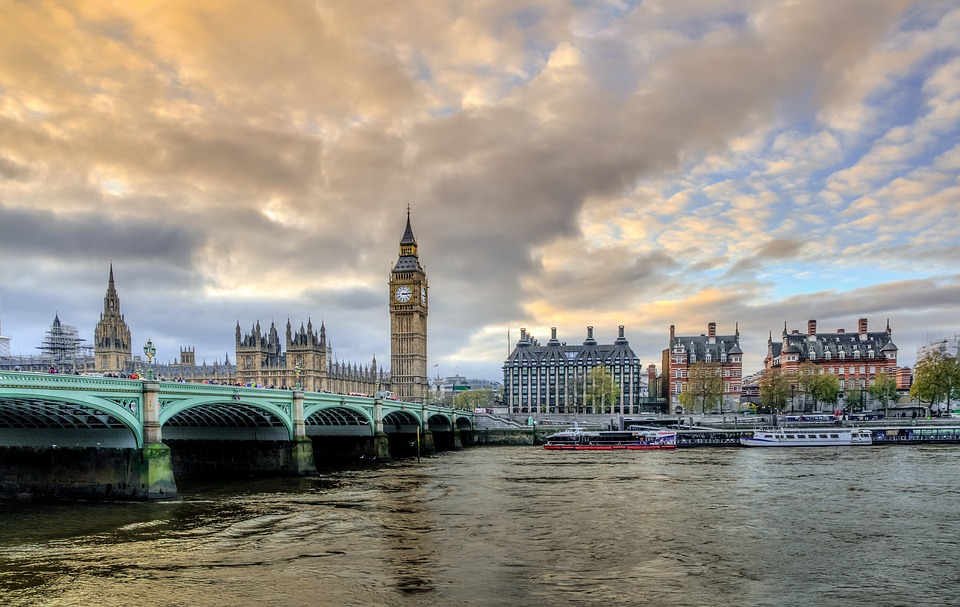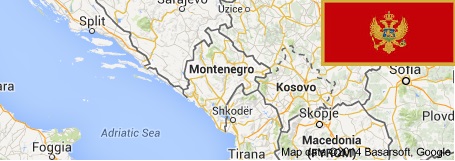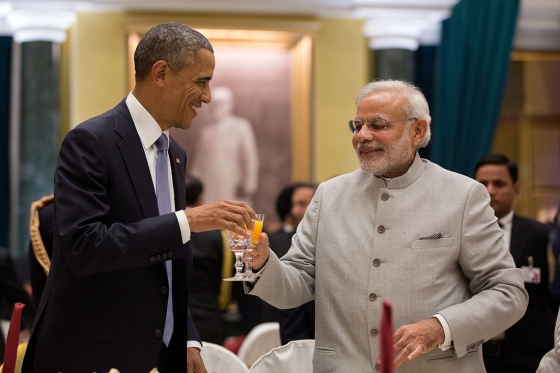Commentators and policymakers around the world are still reeling in disbelief in the wake of the United Kingdom’s decision to leave the European Union last week. With 52% voting to leave and 48% to remain, the vote revealed sharp divisions along class, regional, political, and demographic lines. Scotland and Northern Ireland overwhelmingly voted to Remain, as did young, urban, middle-class voters. Almost three-quarters of voters aged 18 to 24 voted to stay. Excepting London and a few other urban centers like Liverpool, York and Manchester, almost all of England voted to Leave, as did Wales. So did older voters and people in post-industrial towns hit hard by the 2008 financial crisis.
The results of the vote represents a colossal failure on the part of the political and economic establishment to effectively inform voters about the true benefits of freedom of movement, access to the single market, and the other privileges that come along with EU membership. Instead, the Leave campaign capitalized on the growing anti-establishment, anti-globalization fury emerging in an electorate profoundly fed-up with experts of all stripes. Simplified notions about taking back control of Britain’s borders, stemming uncontrollable immigration, and seizing back ‘sovereignty’ from Brussels bureaucrats ultimately prevailed in the emotionally charged debate that saw nativism and xenophobic fear triumphing over openness and pragmatism.
Britain has now been plunged into a state of total uncertainty. The pound is at its lowest value in over 30 years, the stock market has plummeted, Standard & Poor stripped Britain of its triple-A credit rating on Monday, and several banks have discussed moving their European headquarters out of London to Paris, Frankfurt and Dublin. On the political side, both the Conservative and Labour Party are in a state of disarray. David Cameron has decided to resign, and may or may not go down in history as the man who single-handedly broke apart both the United Kingdom and the European Union. Nicola Sturgeon called the Brexit vote “democratically unacceptable”, and grounds for a new vote on Scottish independence. Sinn Fein has called for a referendum on reunifying the two Irelands. Jeremy Corbyn, whose campaign for Remain was lukewarm at best, and whose working-class voters defected to the Leave camp in large numbers, just lost a no-confidence vote.
It is still too early to see what Britain’s future within the EU will look like. First, Britain needs to invoke Article 50 of the Lisbon Treaty, which grants member states the right to leave, to formally start the exiting process. Cameron’s resignation, however, effectively delays its invocation until the appointment of a new Conservative leader. Boris Johnson, leading Leave campaigner and former mayor of London, is also in no rush to have Article 50 invoked. In the EU, the initial reaction from the European Parliament and European Council on Friday is that Britain needs to get out as soon as possible, whereas now several people, including Angela Merkel, are counseling patience.
Once Britain starts the arduous process of renegotiating its relationship with the EU, there are only a few possible outcomes: either Britain gets a Norway-style deal where it retains access to the single market and membership in the European Economic Area (EEA), or the UK negotiates a trade deal with the EU similar to the CETA deal the EU has with Canada. However, in the EEA Britain would still have to pay a hefty contribution into the EU budget and accept the EU’s trade regulations, as it would as an EU member — only this time, Britain would have no seat at the negotiating table in Brussels. Furthermore, being part of the single market means respecting its core principles, namely the free movement of people, goods, capital and services. If Britain wants to regain control of its borders and stem the free movement of people, it cannot be part of the single market. This is what it would get with a Canada-style trade deal: many non-tariff trade barriers would be back in place, the costs of trading with the EU would be raised, and such a deal could take years to reach.
Both of these deals would leave the UK worse off than where it is today.
Britain has always had one foot in, one foot out of the EU. Because they joined in 1973, they didn’t get to set the rules: that was the prerogative of the original 6 — Germany, France, Italy, the Netherlands, Belgium, and Luxemburg — who created the European Economic Community in 1958. Furthermore, let’s not forget that they had to apply 3 times before being granted membership — the first 2 times, their application was vetoed by Charles de Gaulle. Once they did join, it was right as the oil crisis unfolded, meaning that the Brits, unlike the French or Germans, don’t associate the early days of European integration with the economic boom of the 1960s.
Despite its difficult history with the EU, the UK has at crucial moments pushed for the Union’s deeper integration and been one of its strongest liberal voices. There is a profound irony that the single market that they now may leave is one that was negotiated by them in the first place: it was Margaret Thatcher who, together with the European Commission’s President Jacques Delors, brought the Single European Market to fruition in 1986 despite her often fierce criticism of European integration.
That was a time when Britain recognized that, despite its many imperfections, the EU still embodied the liberal ethos that is the hallmark of open and prosperous societies — and that its own role on the world stage would be strong only as part of a greater European bloc. Furthermore, as an EU member it enjoyed many unique benefits: the budget rebate Margaret Thatcher negotiated in 1984 saves Britain several billion pounds a year, and it had the freedom to opt out from joining the Eurozone and adopting the Euro in 1992.
In short, Britain already had as good a deal with the EU as it could ever hope to get. Those who voted Leave on Friday would have done well to have remembered that, and that isolationism rarely leads to good, during last week’s vote.
Disclaimer: Any views or opinions expressed in articles are solely those of the authors and do not necessarily represent the views of the NATO Association of Canada.




